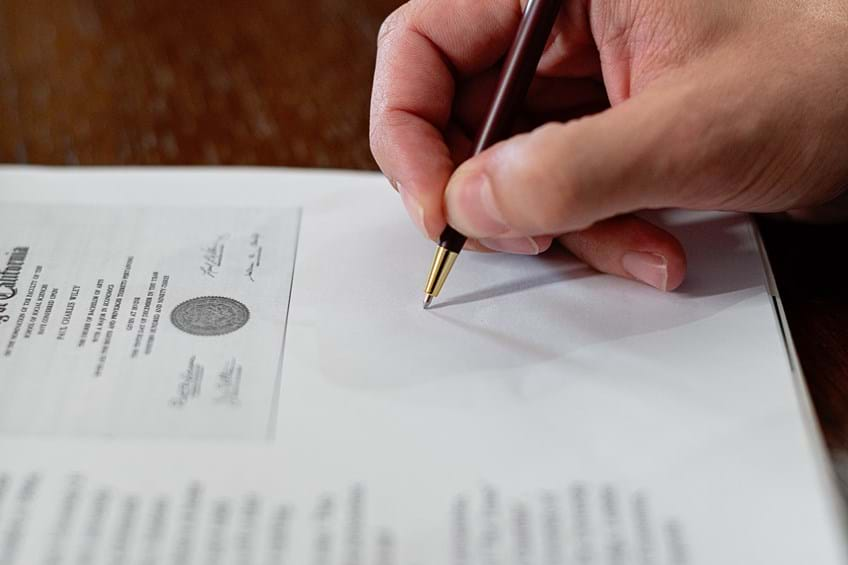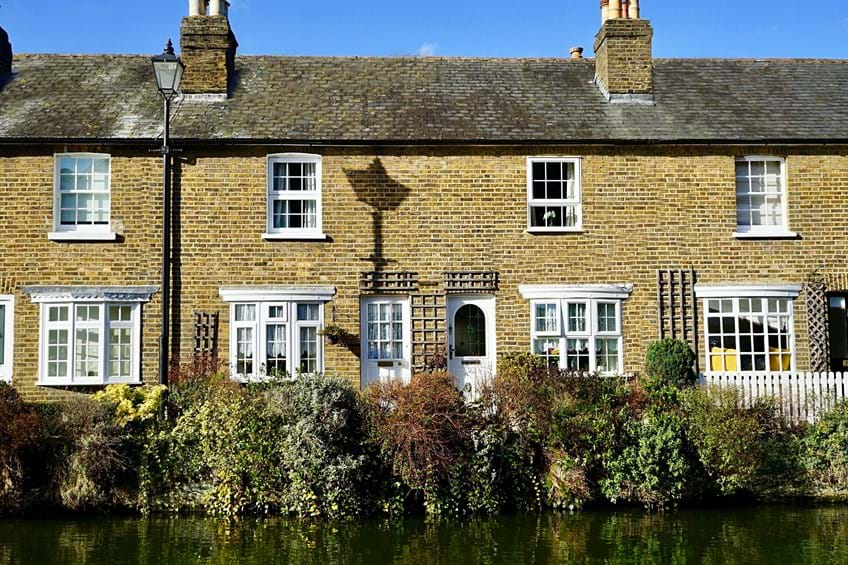Will Information Sheet
5th April 2018
WILL INFORMATION SHEET
Will Information Sheet
The Will Information Sheet sets out the information that you will be asked at your first meeting with a lawyer to prepare your Will. It is not compulsory that this is completed but it may help you to make decisions on what you wish to include in your Will before the meeting.
- You
This simply asks for your personal information.
- Spouse/partner
This asks for your partner’s details. It is important that we have an understanding of your relationship status as you should make ‘reasonable provision’ for any long term partner or spouse. In the case of married individuals, if you are separated but not yet divorced, please make sure that we are aware of this fact as this will affect our advice to you.
- Contact details
These are requested for our use only and will not appear in your Will.
- Your Estate
This asks for you to give an approximate value of each of your assets as they stand at the current time and also those of your spouse/partner. It also asks for any liabilities such as a mortgage/loan/credit cards or any other debts that you may have.
This is requested in order that we can review the inheritance tax position of your estate. Each person has a ‘nil rate band’ of £325,000 meaning that you do not pay inheritance tax on the first £325,000 of your estate. Anything above this figure will pay tax at 40% (unless other relief’s or the additional Residence Nil Rate Band available). With effective tax planning married couples can utilise both of their individual nil rate bands and not pay inheritance tax on the first £650,000 of their estate or more if the Residence Nil Rate Band can be applied.
Knowing the value of your estate is also useful for potential residential care home planning. There is much controversy over the payment of residential care home fees and many do not realise that the time you make your Will is the most effective time to plan ahead and protect assets from being used to pay for those fees.
- Your Executors
These are the people that will have to administer your estate after you pass away. They collect in your assets, pay any debts that you may have including the funeral and distribute your assets as you set out in your Will. You can appoint up to four Executors.
- Guardians
If you have children under the age of 18 then you should appoint guardians to care for them in the instance that both you and your spouse/partner have passed away.
- Funeral Wishes
It is not compulsory that you set out your funeral wishes in your Will however if you have a preference over cremation or burial or any detailed requests we recommend listing them.
- Legacies- non charitable.
A legacy is a specific sum of money or item that you may wish to leave to a friend or family member. For example, ‘I give £500 and my pocket watch to my Godson Joe Bloggs absolutely’.
- Legacies- charitable
You may also wish to leave a donation to charity. Charitable donations are exempt from inheritance tax and so can be a useful tool in reducing the amount of tax to pay if you have a taxable estate.
- Residuary Estate
After your debts have been paid and the specific legacies under point 8 and 9 above have been paid, the remainder of your estate is known as your ‘Residuary Estate’. This is usually the bulk of your estate.
If you have a spouse/partner then the usual option taken is to leave the estate to the survivor of you. You can then make provision in your Wills that after both of you have passed away the estate passes down to your children or other family/friends depending on your circumstances.
This section of the form gives you space to consider who you would like to benefit from the residue of your estate and in what proportions.



